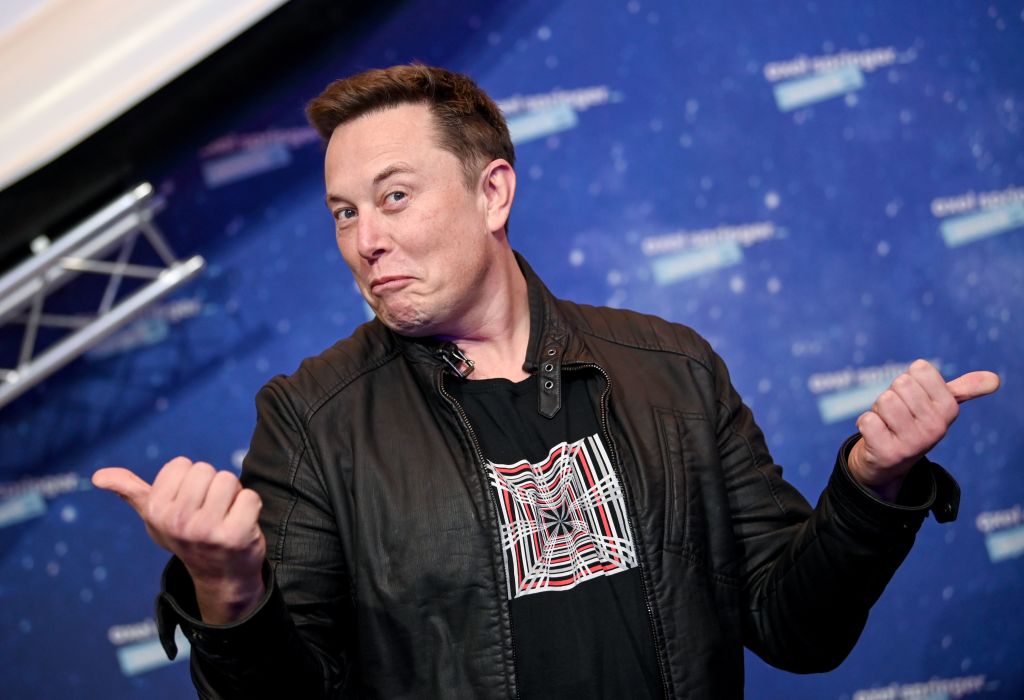The Elon Musk era at Twitter had an eyebrow-raising moment Saturday after Musk asked the question: “Is Twitter dying?”
Musk tweeted a list of users with the most followers, noting that few actually use the social media platform very much.
Most of these “top” accounts tweet rarely and post very little content.
Is Twitter dying? https://t.co/lj9rRXfDHE
— Elon Musk (@elonmusk) April 9, 2022
Musk pointed out that two celebrities on the list — Justin Bieber and Taylor Swift — barely have a pulse in terms of usage.
And @justinbieber only posted once this entire year
— Elon Musk (@elonmusk) April 9, 2022
Now subtract crypto scam accounts that twitter constantly shows as “real” people in everyone’s feed
— Elon Musk (@elonmusk) April 9, 2022
When Musk was challenged by a user who showed growth in Twitter accounts, Musk said he only cares about real users.
Although Musk, who by virtue of the stock he bought recently is Twitter’s largest single stockholder, only has one seat on the company’s board of directors, his very presence is already causing consternation.
For example, the company is planning a question-and-answer session with Musk for employees in response to internal fears of what Musk might do, according to The Washington Post.
But on Friday night, Musk got a vote of confidence from TV host Bill Maher, according to the Daily Mail.
During a segment on his show “Real Time,” Maher was asked his thoughts on Musk acquiring a 9.2 percent stake in Twitter and a seat on its board.
“I’m for it,” Maher said.
Maher said Twitter is the new town square, and everyone should be welcome.
“We live in a different age where Twitter is the public square now,” Maher said. “If you deny someone’s right to speak on Twitter, you’re basically saying you don’t have free speech rights.”
“I think that’s what Elon Musk wants to fix at Twitter,” he said.
Maher noted that while he personally might shed no tears over former President Donald Trump’s ban from Twitter, “It’s bad for free speech.”
“We’re not living in 1980 anymore. This is a different world,” he said, arguing that social media controls free speech.
“So social media is sort of a … it’s living in a space that’s not exactly a publication, but it’s not exactly a private company either … That’s why it’s so tricky,” he said.
This article appeared originally on The Western Journal.

























 Continue with Google
Continue with Google